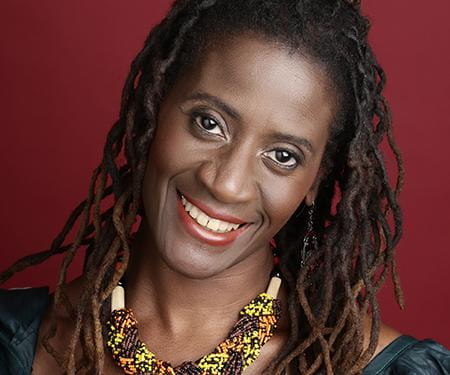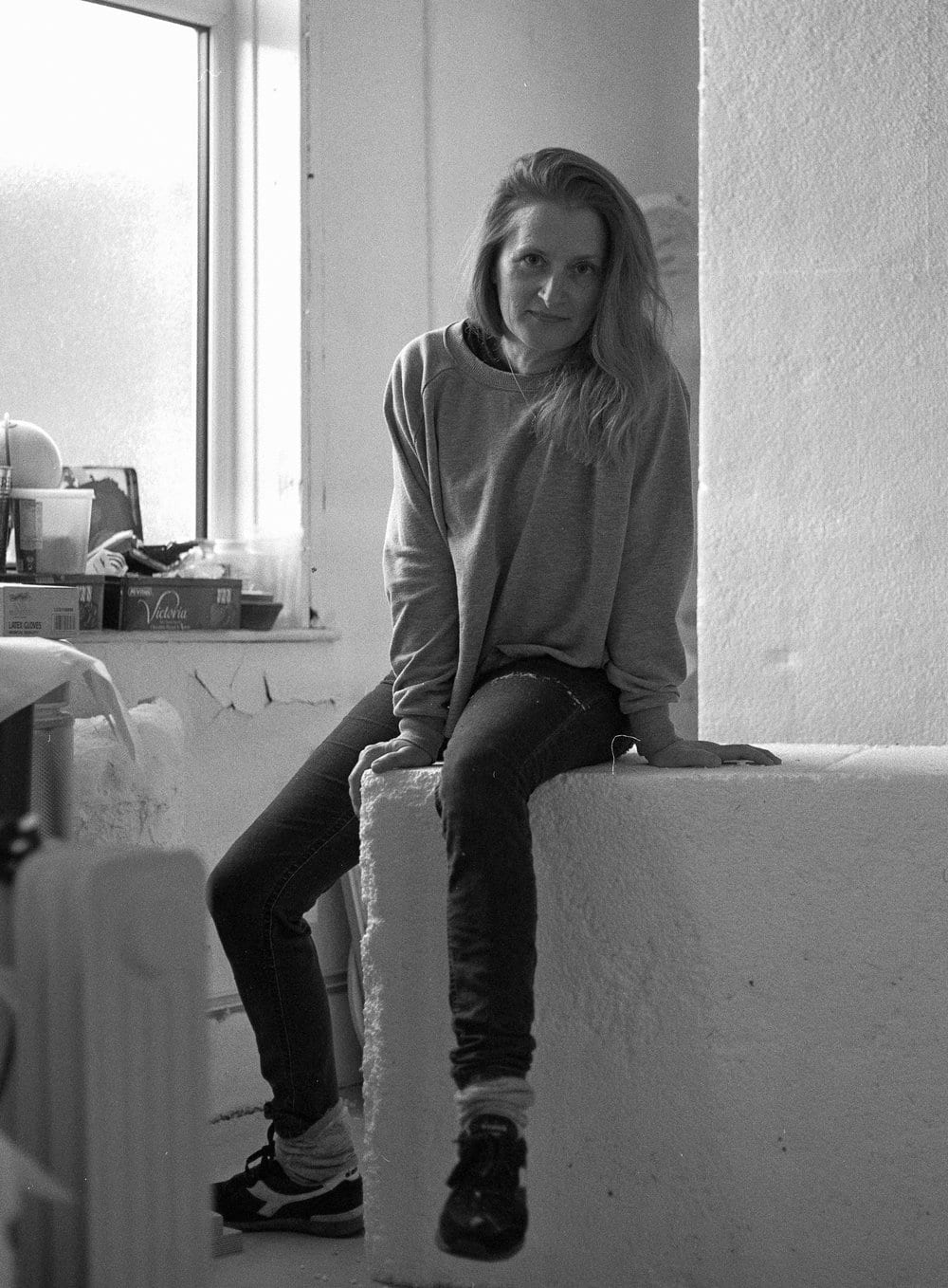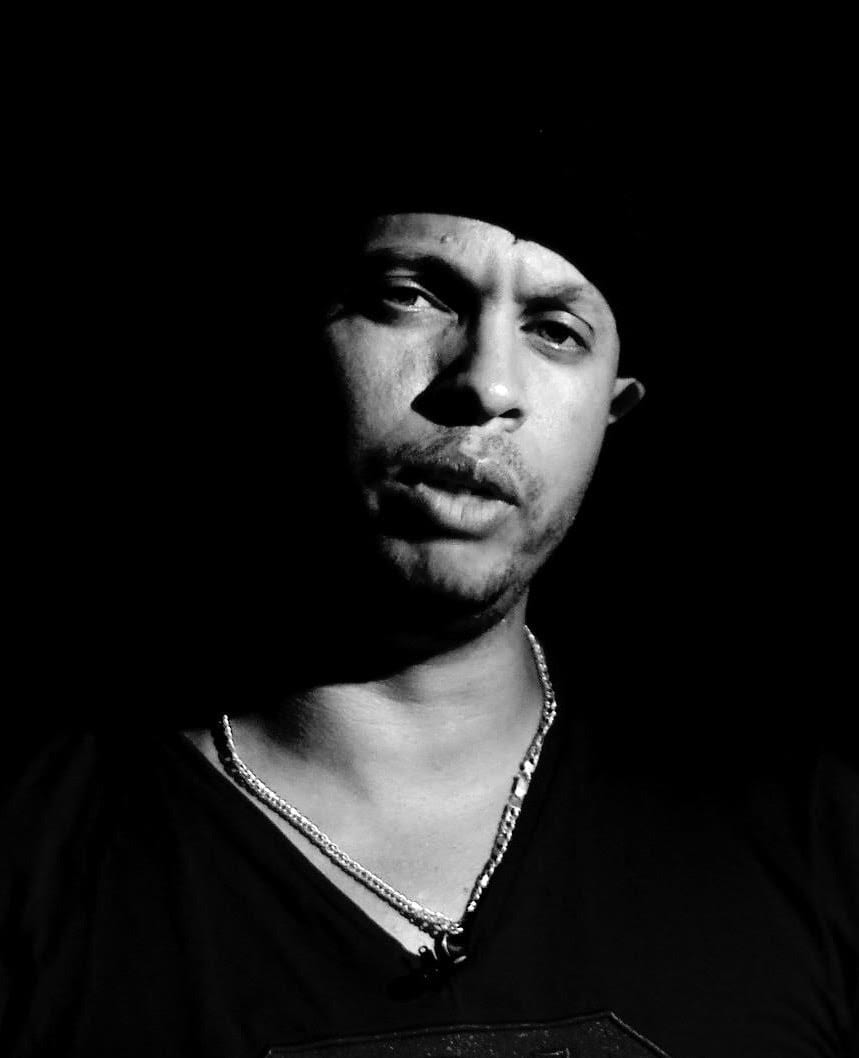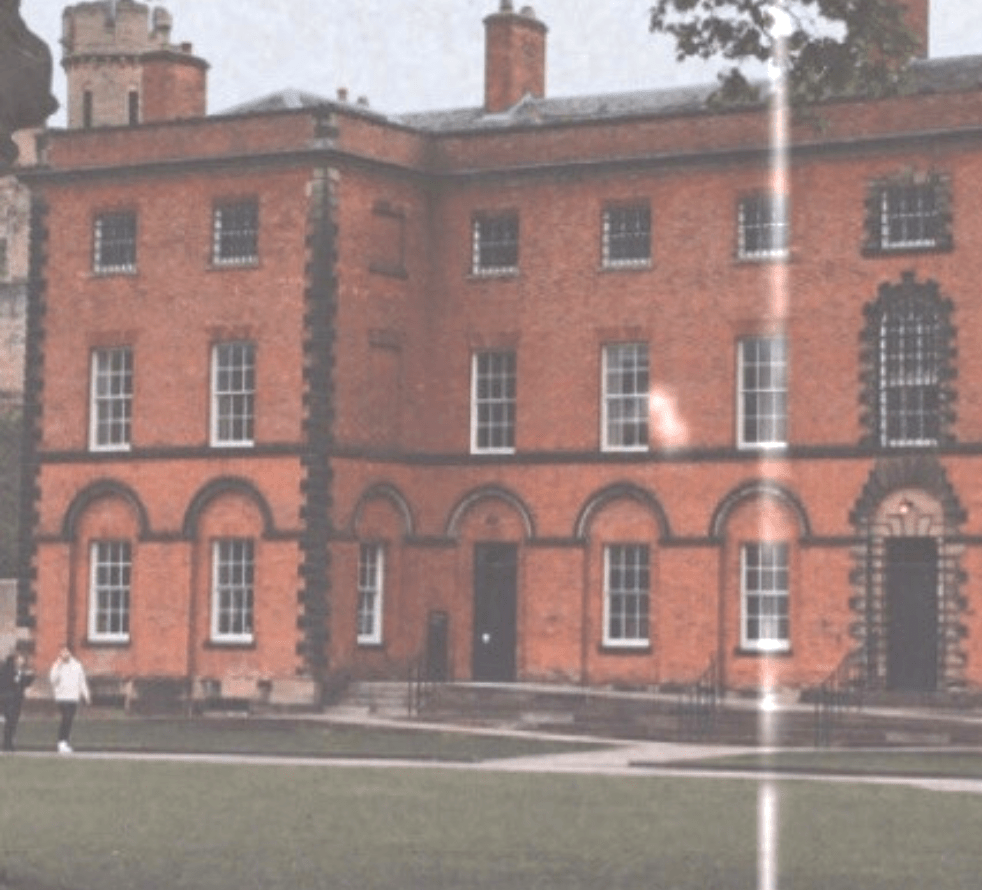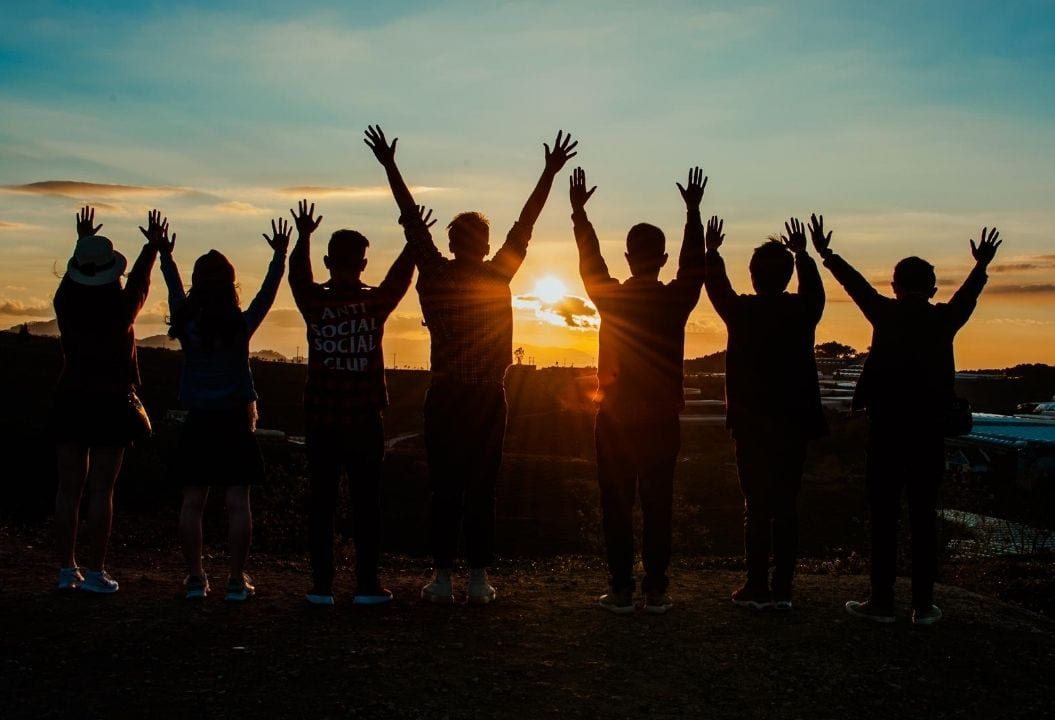Hi, I'm currently in third year studying MChem Chemistry for Drug Discovery and Development. I am passionate about science , LGBTQ+ rights and swimming too.
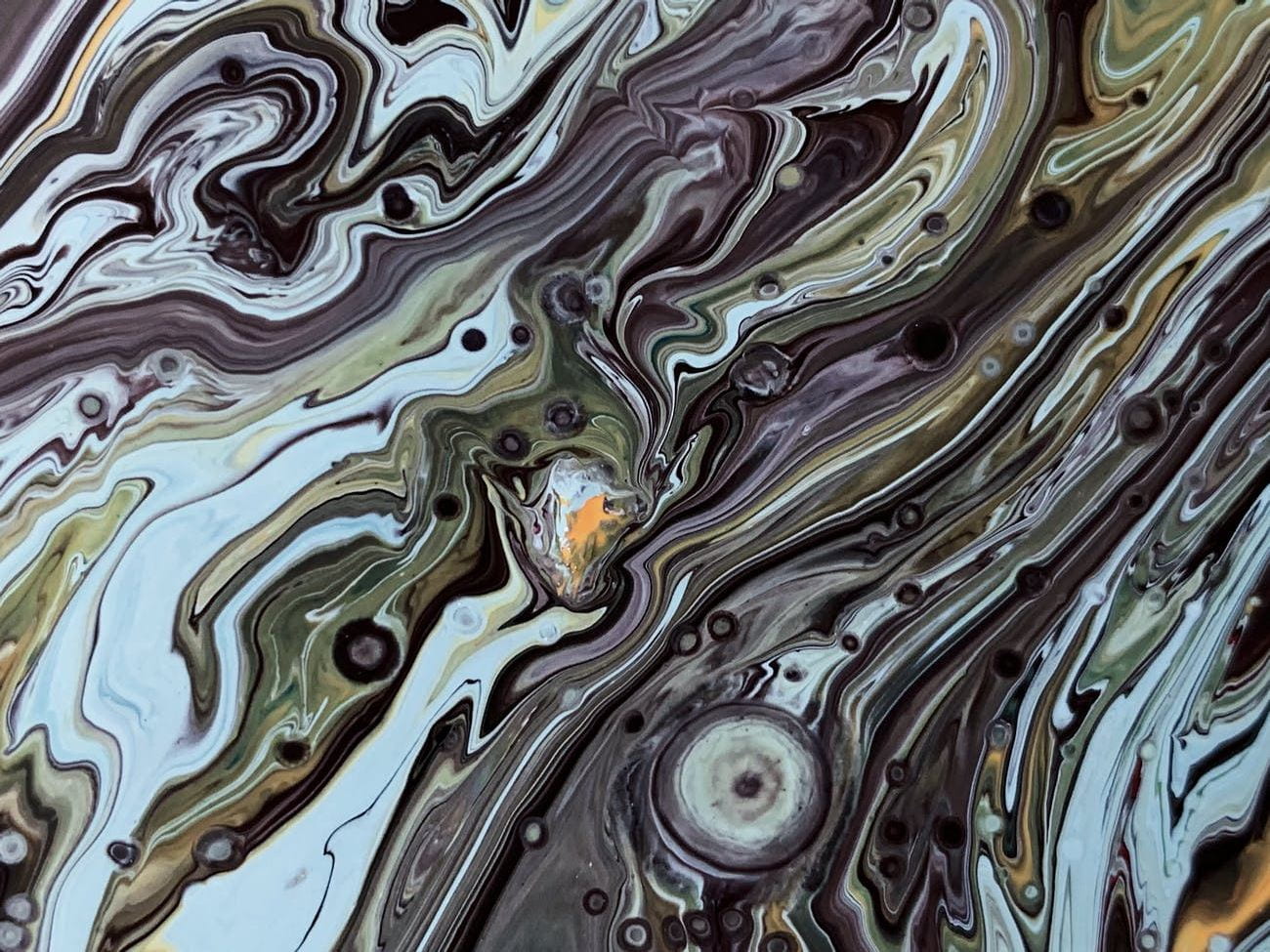
My experience of attending virtual event: Ut Pictura Poesis
October 12, 2020,
read.
This article is more than 3 years old
October marks national Black History Month (BHM) and to support the month dedicated to celebrating the history, achievements, and contributions of black people in the UK. The UoL School of History and Heritage Organised an online event – Ut Pictura Poesis, taking place on 2 October. Ut Pictura Poesis brought together poets, performers, writers, artists, and art historians to discuss their work and research.
As a chemistry student not really into art or art history, when I first found out about this event I was skeptical about my interest levels, but I was intrigued to hear what the speakers had to say about their work and BHM. One of the perks of events like this moving online is that you can enjoy them from your own home (with a Nando’s If you wish):

Kadija SeSay (activist, writer, poet):
Kadija started the event by reading 2 poems she wrote. The first was in response to a painting titled “Baptism of the Ethiopian Eunuch”. Personally, I found her words really moving and it was an interesting way of sharing her interpretation of the piece. The second poem was written in response to the title of Carmen Fracchia’s Book – Black But Human. As the book title suggests the poem discusses that black is human, and human is black.
Victoria Burgher (artist):
As a visual learner I find it a lot easier to connect with images than with the spoken word so I was full of excitement to see the art pieces from Victoria Burgher and I was not disappointed. Victoria’s sculptural practice is rooted in a craft process focussed on a conceptual use of colonial commodities to ignite the internal reexamination of whitewashed ideas of empire and neo imperial exploitation.
What I found really interesting about Victoria’s work is the materials. The choice of sugar for several pieces not only relates to the history of the slave trade within the sugar industry, but also like the stories of many black people over time, they deteriorate and leave nothing recognisable of the original piece behind. Victoria’s next project is a body of work created from porcelain exploring how art practices can be anti-racist.
Mark Thompson (performer, educator, activist):
Mark combines rhythm, accents and emphasis to transform his poetry into a spectacular display of spoken word that truly captivates you and gets you listening to every syllable. His piece Cultural Chameleon really highlighted the fact that people change their characteristics day to day to fit in with their surroundings sometimes meaning they lose aspects of what makes them who they really are. His work as an activist and educator allows him to portray very meaningful messages in a creative, playful and easy to understand way.
Professor Carmen Fracchia (art historian):
The final speaker of the evening, Carmen Fracchia, spoke about her book “Black But Human”. The book is about the visual representations and ex-slaves in Spain during the Hapsburg dynasty, when the enslaved population reached 2 million. Hearing the story behind the book really brought it to life and gave it another dimension.
Questions and Answers:
The final part of the evening was a question and answer session. I asked “What does BHM mean to you and what would be your key message to students who would like to pursue creative platforms as a way of expressing their background and heritage?” Carmen said it’s important to “Be aware of Black people, humanity and history. Try to find out more and not be ignorant.” Kadija then said: “Find something that interests you and follow it back as far as you can to educate yourself, learn and have fun in what you specifically want to know whilst being aware there is so much more around it.”
Everyone was so passionate about their work and sharing the messages behind it which made it a very enjoyable evening for all whether you are an art/literature enthusiast or not. I really enjoyed the event and if more events like this take place at the university in the future, I highly recommend that you attend. If you missed this event and would like to watch it the recording can be accessed here using the access code: zv==tYq7.
The organising team of Ut Pictura Poesis was: Dr Laura Fernández-González, Dr Antonella Liuzzo-Scorpo, Dr Jon Coburn, Dr Melina Smirnou and Dr Pietro Di Paola from the School of History and Heritage (UoL)
This event was co-organised by the Global and Transregional Studies research group, the Race, Ethnicity and Equality Committee, & the Art History Programme from the School of History and Heritage; and generously supported by the HR Equality and Engagement Team from the University of Lincoln, UK
